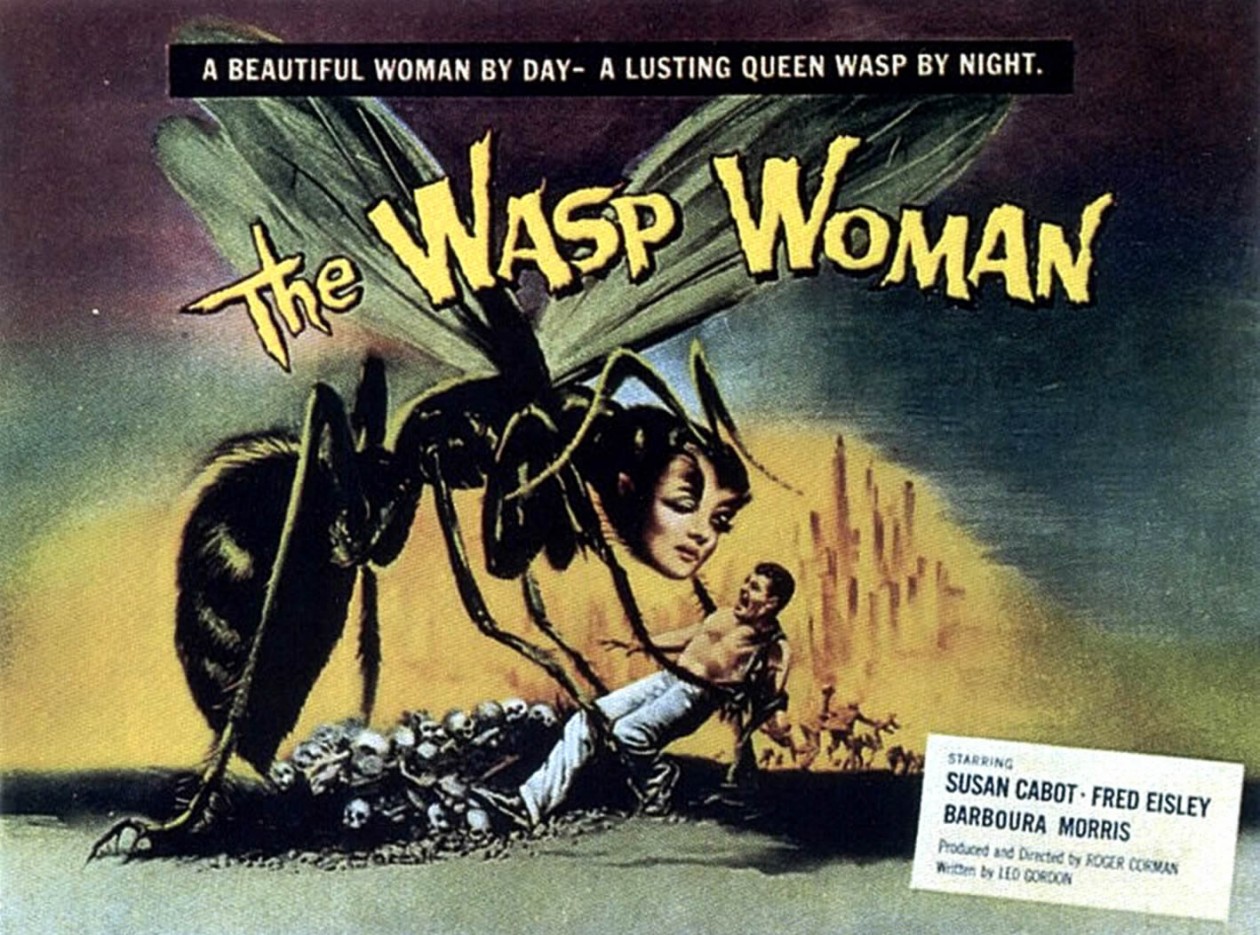I was listening to ‘Flawless’ by Beyonce and there is a part in the song where Beyonce samples Chimamanda Ngozi Adichie’s call to feminism. I love the way that her speech is integrated into the middle of the song, splitting up “Bow down bitches” and “I woke up like this… flawless.”
“You can have ambition, but not too much, you should aim to be successful, but not too successful, otherwise you will threaten the man.” ties into Place’s article “Women in Film Noir” and how women play strong roles by standing behind their men. In film noir it is clear that men need to control womens sexuality in order not to be destroyed by it.
Connecting to that statement, Adichie continues on by saying “Because I am a female, I am expected to aspire to marriage. I am expected to make my choices always keeping in mind that marriage is the most important. Marriage can be… a source of joy and love and mutual support. But why do we teach girls to aspire to marriage and we don’t teach boys the same?” this relates into our discussions of the stereotypical goals that a woman “should” have, which is to focus on getting married and being a good mother, while men are taught to educate themselves and get a career to make lots of money. In Williams article “Something else besides a mother” she mentions how there is a common anecdote in films that mothers have to sacrifice everything for her family, which supports Adichies argument.
Flawless argues that girls are raised “to see each other as competitors, not for jobs or accomplishments which I think can be a good thing, but for the attention of men.” which ties back to the idea of femme fetale, and how women compete for the attention of men by letting out their sexualized self for men.
The song is super popular so I am sure most people in the class have heard it, but if you haven’t I highly recommend it. It is catchy and has a powerful message, who wouldn’t like a song like that?
